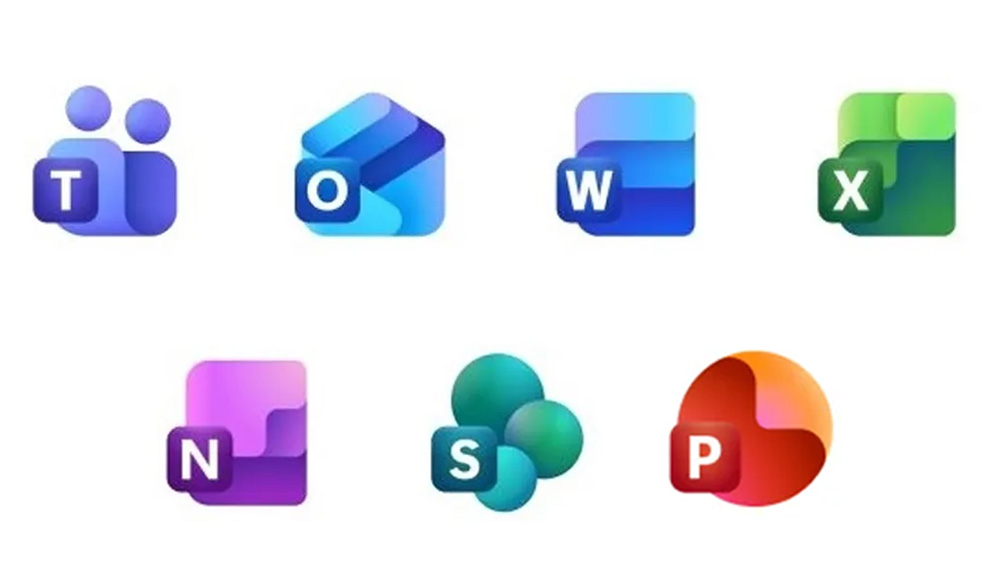Amazon Set to Launch Project Kuiper's First Batch of Internet Satellites

While Amazon is known for its swift delivery of packages directly to your doorstep, it has taken the company several years to prepare for a different kind of delivery: launching its internet satellites into space. Under the leadership of Jeff Bezos, Amazon is now poised to embark on this ambitious venture, aiming to deploy its first batch of satellites as part of Project Kuiper. This initiative is designed to establish a competitive presence against SpaceXâs Starlink, which has dominated the satellite internet market in recent years.
Scheduled for Wednesday, April 9, at 12 p.m. ET, the inaugural launch will see Amazonâs satellite system lifted into low Earth orbit on a United Launch Alliance (ULA) Atlas V rocket. The launch site is Cape Canaveral Space Force Station in Florida, a historic location that has served as the launch pad for numerous space missions over the decades. Following liftoff, the Atlas V rocket will aim to deploy a total of 27 satellites at an altitude of approximately 280 miles (450 kilometers) above the Earthâs surface, according to details released by Amazon.
This mission, officially designated as âKA-01â for Kuiper Atlas 1, represents a significant milestone in Amazonâs journey towards entering the satellite broadband marketplace. Currently, this sector is heavily influenced by Elon Musk's SpaceX, which has successfully launched over 7,000 satellites globally, providing high-speed internet access to more than 70 countries. Musk has ambitious plans to launch an additional 42,000 satellites, with regulatory approval from the Federal Communications Commission (FCC) for 12,000 first-generation satellites, plus a further 7,500 of the second generation.
In contrast, Amazon's Project Kuiper plans to launch a total of 3,200 low Earth orbit satellites. The company has secured a robust pipeline of 80 launches through collaborations with various commercial partners, including Arianespace, ULA, and Blue Origin, Bezos' own space company. This strategy aims to efficiently establish its initial satellite constellation.
Earlier in the mission development phase, Amazon achieved a significant accomplishment with the successful launch of two prototype satellites, KuiperSat-1 and KuiperSat-2, aboard an Atlas V rocket in late 2023. This test mission confirmed the satellites' capability for controlled maneuvering in low Earth orbit, a crucial aspect for maintaining their intended operational functions.
The Kuiper satellites are designed to orbit at altitudes ranging between 367 and 391 miles (590 to 630 kilometers) above the Earth. A sophisticated active propulsion system, featuring a custom-designed thruster and a krypton-filled propellant tank, equips these satellites to counteract atmospheric drag, ensuring they maintain their desired operational altitude within a margin of 5.6 miles (9 kilometers).
While this upcoming launch is a pivotal step for Amazon, the company still faces a significant challenge in catching up to its competitors like Starlink. Nevertheless, Amazon is promoting Project Kuiper as an âaffordable broadbandâ solution, with standard customer terminal production costs estimated at around $400, which positions it as more cost-effective compared to SpaceX's offerings, as reported by The Verge. Alongside the satellite network, Amazon plans to deploy a comprehensive infrastructure of ground-based antennas and fiber connections to facilitate connectivity. They assert that their internet service could achieve speeds of up to 400 megabits per second, outpacing Starlink's average of 300 Mbps with its standard service, according to findings from Tom's Guide.
Project Kuiper aims to deliver reliable internet services to a broad range of customers, including households, businesses, government agencies, and various institutions. A noteworthy partnership has been established with Vodafone and its African branch, Vodacom, to utilize Project Kuiper to enhance their 4G/5G network capabilities.
While Amazon's promises regarding Project Kuiper sound ambitious, the real test will be whether the company can effectively deliver on these commitments and rival Starlinkâs growing market presence. The upcoming launch will serve as a critical indicator of Amazon's potential success in this competitive arena.
âWeâve designed some of the most advanced communications satellites ever built,â stated Rajeev Badyal, vice president of Project Kuiper, in a press release. âWeâve done extensive testing on the ground to prepare for this first mission, but there are some things you can only learn in flight, and this will be the first time weâve flown our final satellite design and the first time weâve deployed so many satellites at once.â














